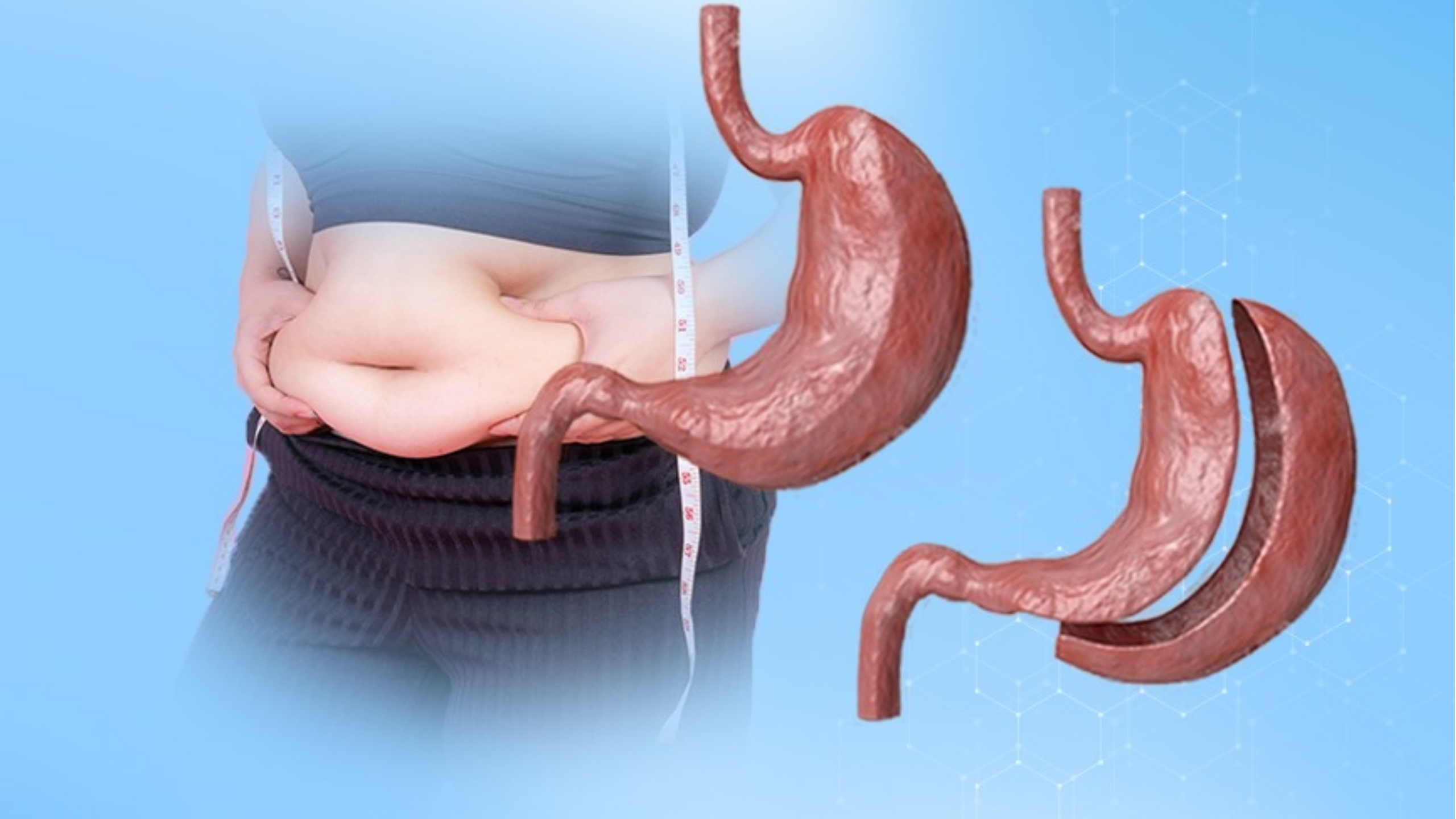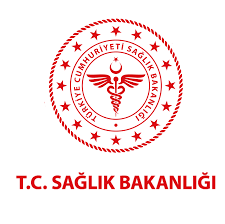Can You Live a Normal Life After Gastric Sleeve Surgery?
Gastric sleeve surgery, also known as sleeve gastrectomy, is a life-changing procedure for individuals struggling with obesity. While the surgery offers significant weight loss benefits, many potential patients wonder what life will be like afterward. Can you live a normal life after gastric sleeve surgery? In this blog, we’ll explore the post-surgery lifestyle, covering recovery, diet, and long-term health effects to reassure you about life after the procedure.
What Is Gastric Sleeve Surgery?
Gastric sleeve surgery involves the removal of about 70-80% of the stomach, leaving a tube-shaped stomach or “sleeve.” This smaller stomach restricts the amount of food you can eat, helping you lose weight. It also reduces the production of the hunger hormone ghrelin, which can decrease your appetite.
Advice: Gastric Sleeve in Turkey
Recovery After Gastric Sleeve Surgery
1. The Immediate Post-Surgery Period
- Hospital Stay: Most patients stay in the hospital for 2-3 days after the surgery. During this time, your medical team will monitor your recovery, manage pain, and begin to introduce you to a post-surgery diet.
- Pain and Discomfort: It’s normal to experience some pain and discomfort after surgery, but this is usually well-managed with pain medication. Most patients report that the pain diminishes significantly within a week or two.
2. The First Few Weeks
- Dietary Changes: Your diet will progress from clear liquids to pureed foods, then to soft foods over the first few weeks. It’s essential to follow your surgeon’s dietary guidelines carefully during this period to ensure proper healing.
- Physical Activity: While heavy lifting and strenuous exercise should be avoided, light activities like walking are encouraged to promote circulation and aid in recovery. Most patients can return to work within 2-4 weeks, depending on the nature of their job.
Long-Term Dietary Changes
1. Adapting to a New Diet
- Smaller Portions: After gastric sleeve surgery, your stomach’s reduced capacity means you’ll need to eat smaller, more frequent meals. Overeating can cause discomfort and may lead to complications, so it’s important to listen to your body’s signals.
- Focus on Nutrient-Dense Foods: Because your stomach can hold less food, every bite counts. You’ll need to focus on nutrient-dense foods, prioritizing protein, vegetables, and whole grains while avoiding empty calories like sugary snacks and drinks.
- Hydration: Drinking enough water is crucial, but you’ll need to avoid drinking large amounts at once. Sipping water throughout the day is recommended, and you should avoid drinking 30 minutes before and after meals to prevent overfilling your stomach.
2. Lifelong Nutritional Supplements
• Vitamin and Mineral Supplements: Due to reduced food intake and absorption, most gastric sleeve patients need to take daily vitamin and mineral supplements, including multivitamins, calcium, vitamin D, and possibly vitamin B12. Your healthcare provider will guide you on the specific supplements you need.
Advice: Gastric Balloon in Turkey
Exercise and Physical Activity
1. Gradual Increase in Activity
- Post-Surgery Exercise: Regular physical activity is essential for maintaining weight loss and overall health after gastric sleeve surgery. You’ll start with light activities like walking and gradually increase your exercise intensity as you heal.
- Long-Term Fitness Routine: Incorporating regular exercise into your daily routine is key to long-term success. Activities like cardio, strength training, and flexibility exercises can help you maintain muscle mass, improve cardiovascular health, and enhance overall well-being.
2. Improved Mobility and Energy Levels
• Increased Energy: Many patients report feeling more energetic and mobile as they lose weight, making it easier to engage in physical activities that were previously challenging. This boost in energy can significantly improve your quality of life.
Long-Term Health Effects
1. Weight Loss and Maintenance
- Significant Weight Loss: Most patients experience rapid weight loss in the first 6-12 months after surgery, losing 50-70% of their excess body weight. Maintaining a healthy diet and exercise routine is crucial for sustaining this weight loss long-term.
- Reduced Risk of Obesity-Related Conditions: Gastric sleeve surgery can lead to significant improvements in obesity-related conditions such as type 2 diabetes, hypertension, sleep apnea, and joint pain.
2. Emotional and Psychological Well-Being
- Boosted Confidence: As you lose weight and gain mobility, many patients experience a significant boost in self-confidence and overall mental health. This can have a positive impact on personal and professional relationships.
- Ongoing Support: It’s important to seek ongoing support, whether through support groups, counseling, or regular follow-ups with your healthcare team. This support can help you navigate any emotional challenges and stay motivated on your weight loss journey.
Can You Live a Normal Life After Gastric Sleeve Surgery?
The answer is a resounding yes—many patients go on to live a healthy, active, and fulfilling life after gastric sleeve surgery. While there are adjustments to your diet and lifestyle, these changes are typically well worth the benefits of significant weight loss, improved health, and enhanced quality of life.
Ready to Take the Next Step?
If you’re considering gastric sleeve surgery and want to learn more about what life will be like afterward, SurgeryTR is here to help. Our experienced team of surgeons and healthcare professionals are dedicated to providing you with the information and support you need to make an informed decision and succeed in your weight loss journey.
Interested in learning more? Fill out the form below to schedule a free consultation and start your journey toward a healthier, more confident life with SurgeryTR today!

















